‘GB News boycott will infuriate hundreds of thousands of consumers’
Your digest of analysis and commentary from the British and international press
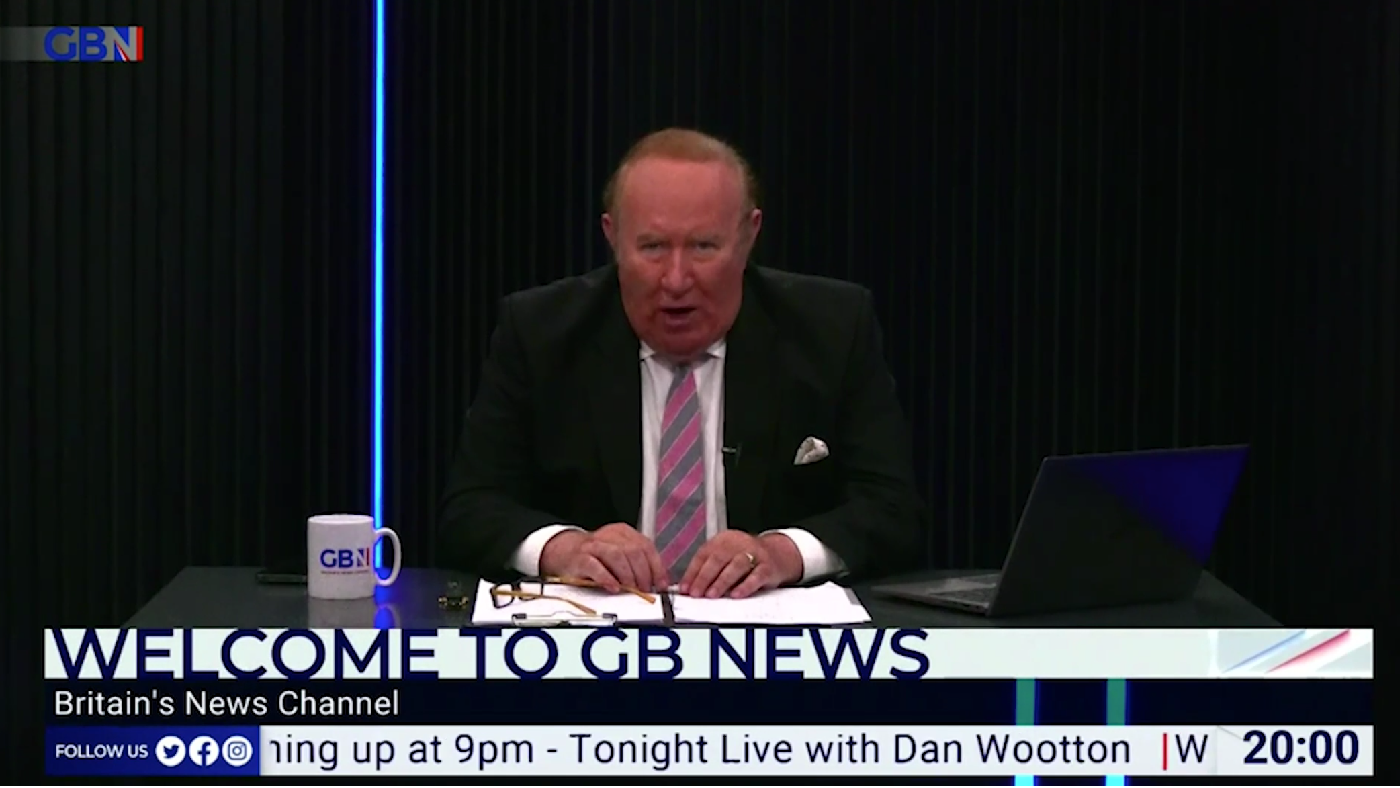
- 1. The GB News boycott is a turning point: big business must end its woke campaigning or it may not survive the backlash
- 2. Will the real Rishi Sunak please stand up
- 3. Chimamanda Ngozi Adichie is right – the way we use social media is killing the art of conversation
- 4. Biden politely reads riot act to Putin
- 5. What does the latest ‘Dom bomb’ mean for Matt Hancock?
A free daily email with the biggest news stories of the day – and the best features from TheWeek.com
You are now subscribed
Your newsletter sign-up was successful
1. The GB News boycott is a turning point: big business must end its woke campaigning or it may not survive the backlash
Allister Heath in The Telegraph
on ‘craven’ corporations
“First it was their implacable, undemocratic hostility to Brexit, then their embrace of wokedom, and now their pathetic boycott of GB News, the centre-Right TV start-up. What is going on in boardrooms across Britain and the West?” asks Allister Heath in The Telegraph. “A generation of craven corporate apparatchiks, in thrall to the latest American nostrums, have lost their moral bearings,” he contends. “The companies boycotting GB News will have greatly infuriated hundreds of thousands of consumers and only mildly pleased a few million Left-wingers,” he says. They have “declared war on the Conservative voters who, until very recently, used to support them”. This is a turning point for business. “They must choose: are they for-profit ventures selling to customer-kings, or weapons of the Left, political organisations masquerading as commercial outfits, militating against freedom?”
The Week
Escape your echo chamber. Get the facts behind the news, plus analysis from multiple perspectives.

Sign up for The Week's Free Newsletters
From our morning news briefing to a weekly Good News Newsletter, get the best of The Week delivered directly to your inbox.
From our morning news briefing to a weekly Good News Newsletter, get the best of The Week delivered directly to your inbox.
2. Will the real Rishi Sunak please stand up
Iain Martin in The Times
on a lack of vision
“Before the vaccines, Boris Johnson was a prime minister in trouble. Looking burnt out last autumn after Covid almost killed him, he struggled even more than usual to focus on detail,” writes Iain Martin in The Times. “The vaccine programme was the medical lifeline that altered the political calculus. Bullish Boris is back” and now, say his allies, is planning to stay on for a decade or more. “For Rishi Sunak, the ambitious chancellor who wants to be prime minister, this is a problem – though he’ll flash that smile and deny it if asked in public,” Martin continues. “[W]hat is Sunak, the heir apparent, supposed to do for the next decade?” he asks. He is ostensibly a “pro-enterprise, low tax kind of Tory” and “capable of boldness”, having voted for Brexit, risking his “rising star” status under David Cameron. “When it comes to being chancellor, though, beyond those blockbuster interventions that protected millions of jobs, he is struggling to articulate a vision.”
A free daily email with the biggest news stories of the day – and the best features from TheWeek.com
3. Chimamanda Ngozi Adichie is right – the way we use social media is killing the art of conversation
Funmi Olutoye in The Independent
on mob rule
“Wherever you find yourself on the political and ideological spectrum, in this social media age – if you wobble on the tightrope – there will always be a mob of ideological puritans, judges and juries waiting for you to fall to your demise,” writes Funmi Olutoye in The Independent. And as novelist Chimamanda Ngozi Adichie contends in her latest essay, in the “court of social media” people no longer feel free to ask questions, challenge beliefs or speak their mind. “Social media has allowed growing mobs of people – under the guise of morality crusaders with cult followings or anonymous profiles set up within minutes – to viciously take down anyone who doesn’t fall into their line of thinking,” writes Olutoye. “Dare I say, this was not what the internet was created for.”
4. Biden politely reads riot act to Putin
Edward Luce in the Financial Times
on (not so) great expectations
“Summitry, contrary to a former British prime minister, is nothing like tennis. The outcome is rarely ‘game, set and match’,” writes Edward Luce in the Financial Times. “By the wide-eyed standards of Joe Biden’s last four predecessors, all of whom held ill-fated summits with Vladimir Putin, Biden went into this one with low expectations.” Few observers thought it would be a “meeting of minds… let alone souls”. On the contrary, the “modesty of Biden’s goal – to stabilise relations with America’s chief military adversary – conveyed a realism that eluded earlier presidents”, says Luce. And indeed “after more than two decades in power, this Russian bear was unlikely to change its habits. Biden’s aim is to coax and cajole Putin into a moderately less dangerous stance. That goal is more difficult than it sounds.”
5. What does the latest ‘Dom bomb’ mean for Matt Hancock?
Katy Balls in The Spectator
on a protective ring
“When Dominic Cummings gave seven hours of evidence to a Commons inquiry into the government's Covid response, it was Matt Hancock who received the most criticism,” writes Katy Balls in The Spectator. “But it quickly became clear No. 10 had no plans to fire Hancock. The Prime Minister opted to rally round his minister rather than cast him out.” And it doesn’t appear the release of WhatsApp messages heavily criticising Hancock will change the government’s course in protecting him. “As one government figure put it: ‘It’s very much my enemies’ enemy is my friend’ in 10 Downing Street these days,” writes Balls. What’s more important, she says, is whether the health secretary can still carry out his job. “Hancock also has to oversee reforms within the NHS that give more power to him – at a time when those people he has to work with will be reading that Johnson once described him as useless.”
-
 The ‘ravenous’ demand for Cornish minerals
The ‘ravenous’ demand for Cornish mineralsUnder the Radar Growing need for critical minerals to power tech has intensified ‘appetite’ for lithium, which could be a ‘huge boon’ for local economy
-
 Why are election experts taking Trump’s midterm threats seriously?
Why are election experts taking Trump’s midterm threats seriously?IN THE SPOTLIGHT As the president muses about polling place deployments and a centralized electoral system aimed at one-party control, lawmakers are taking this administration at its word
-
 ‘Restaurateurs have become millionaires’
‘Restaurateurs have become millionaires’Instant Opinion Opinion, comment and editorials of the day
-
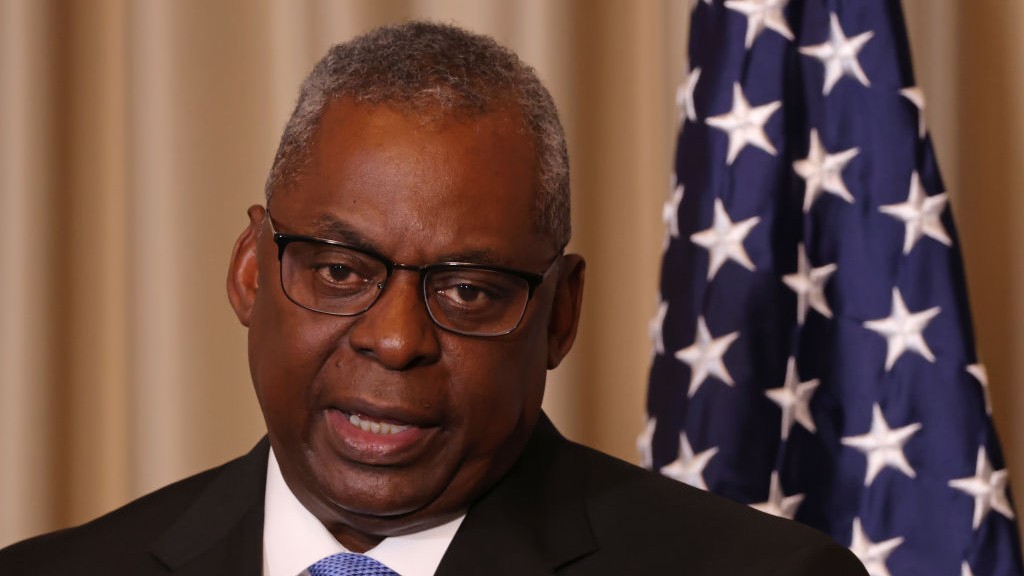 10 things you need to know today: January 7, 2024
10 things you need to know today: January 7, 2024Daily Briefing White House reportedly left unaware of defense secretary’s hospitalization, Biden to deliver State of the Union address on March 7, and more
-
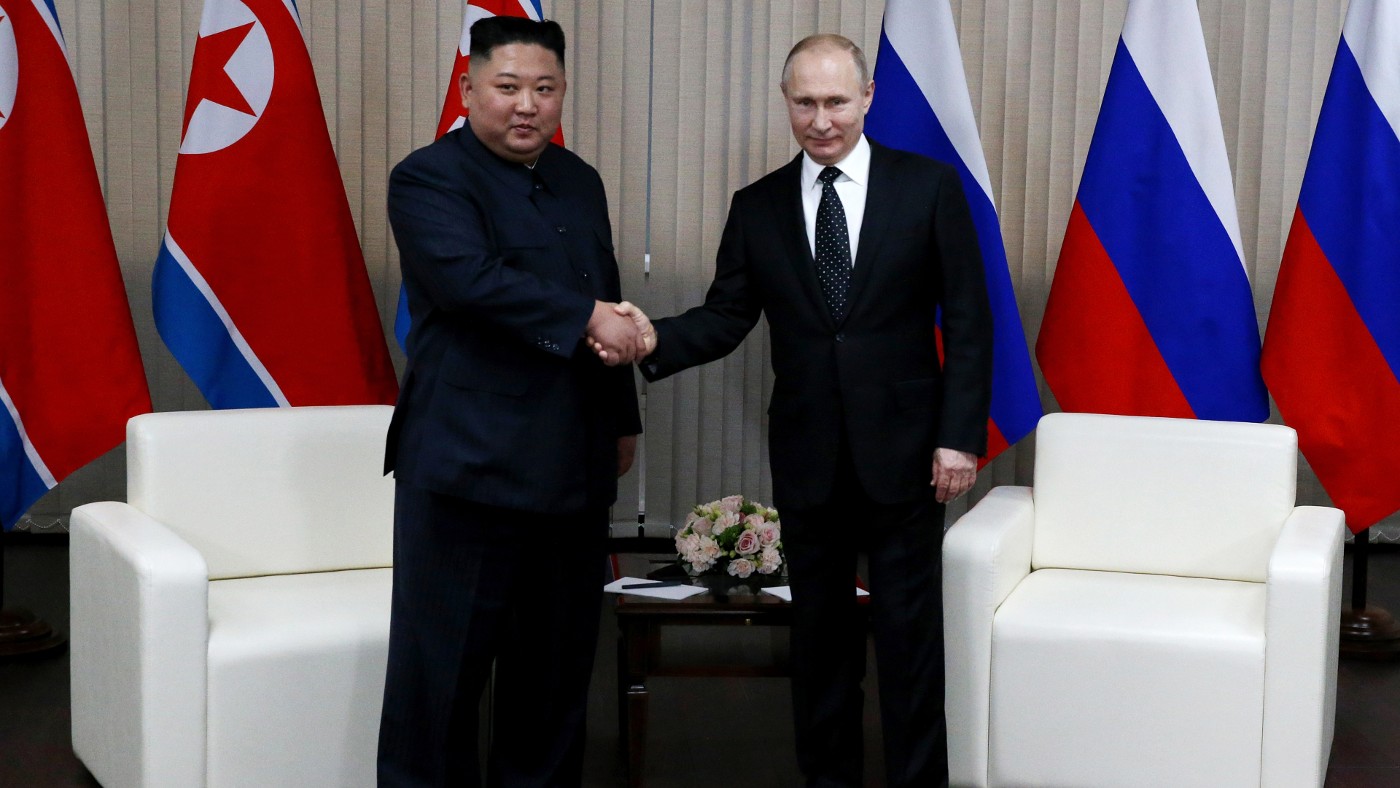 Would North Korean weapons tilt the war Russia’s way?
Would North Korean weapons tilt the war Russia’s way?Today's Big Question Putin wants to boost ‘depleted stocks’ but Pyongyang’s arms may be in poor condition
-
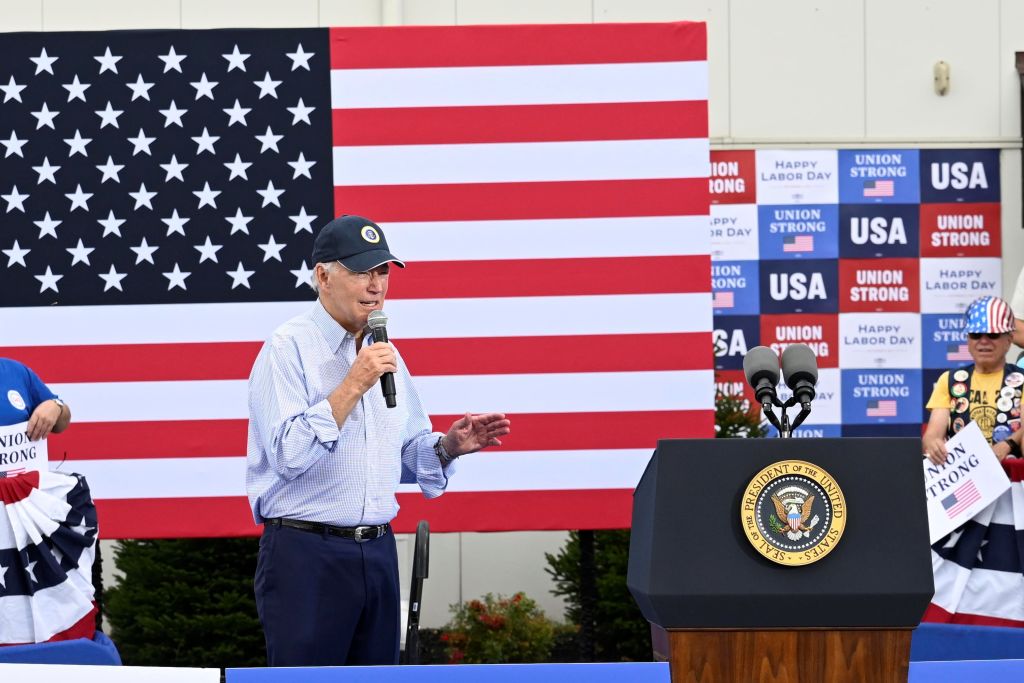 10 things you need to know today: September 5, 2023
10 things you need to know today: September 5, 2023Daily Briefing President Biden courts unions on Labor Day, thousands leave Burning Man after being trapped by desert mud, and more
-
 Nobody seems surprised Wagner's Prigozhin died under suspicious circumstances
Nobody seems surprised Wagner's Prigozhin died under suspicious circumstancesSpeed Read
-
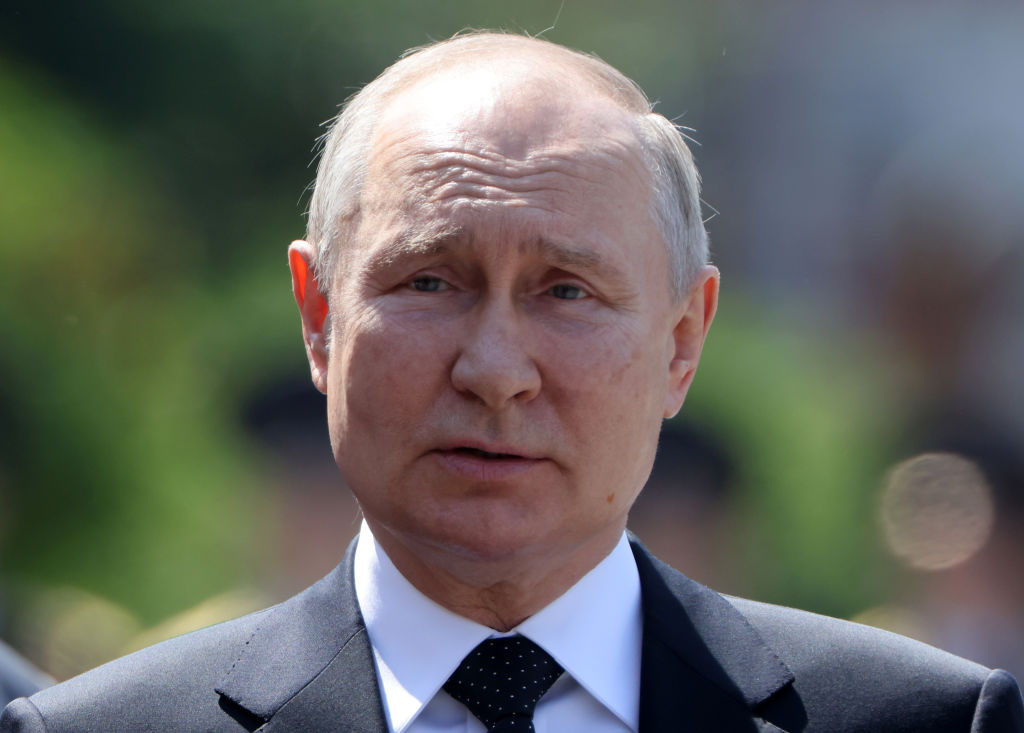 Putin's grip on power apparently damaged after Wagner mutiny
Putin's grip on power apparently damaged after Wagner mutinySpeed Read
-
 Bees delay flight for three hours
Bees delay flight for three hoursfeature And other stories from the stranger side of life
-
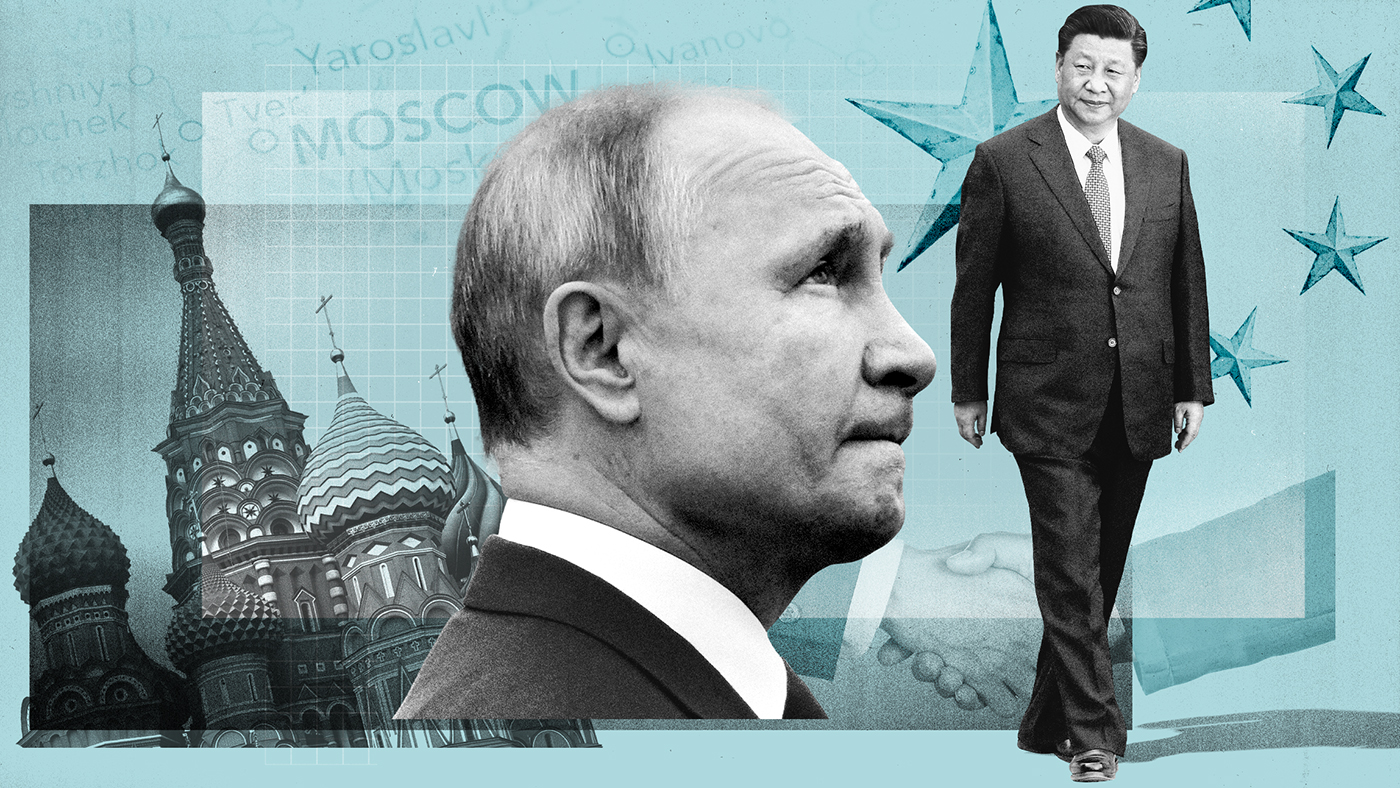 Is Russia a Chinese 'client state'?
Is Russia a Chinese 'client state'?Today's Big Question Reading between the lines of Xi and Putin's Moscow summit
-
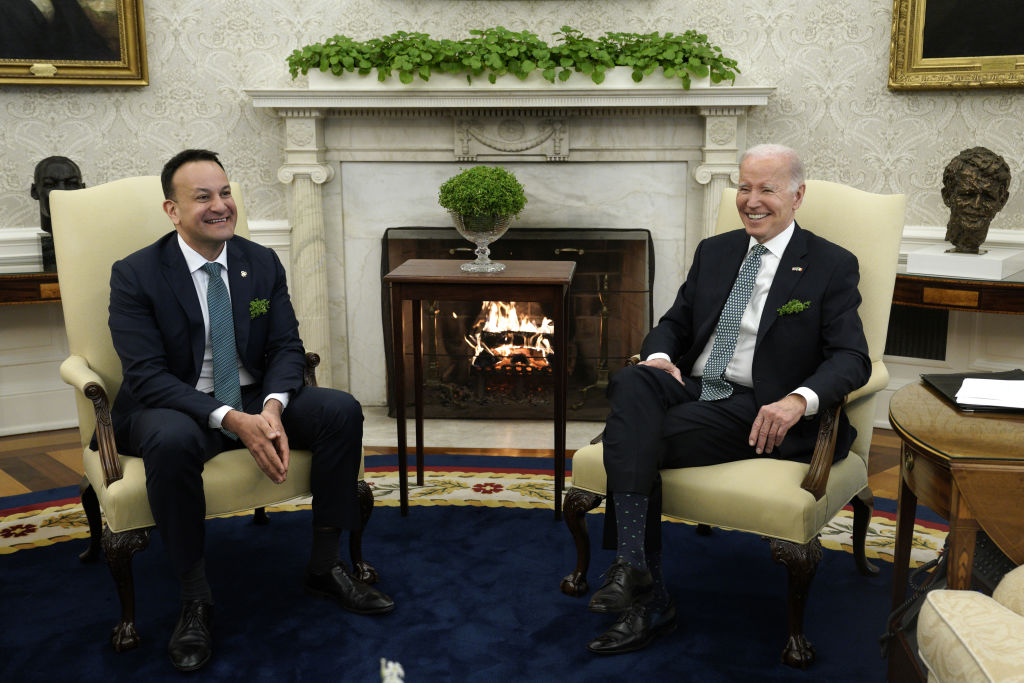 10 things you need to know today: March 18, 2023
10 things you need to know today: March 18, 2023Daily Briefing Trump says he expects to be arrested Tuesday in Manhattan, Biden hosts Irish Taoiseach at White House for St. Patrick’s Day, and more